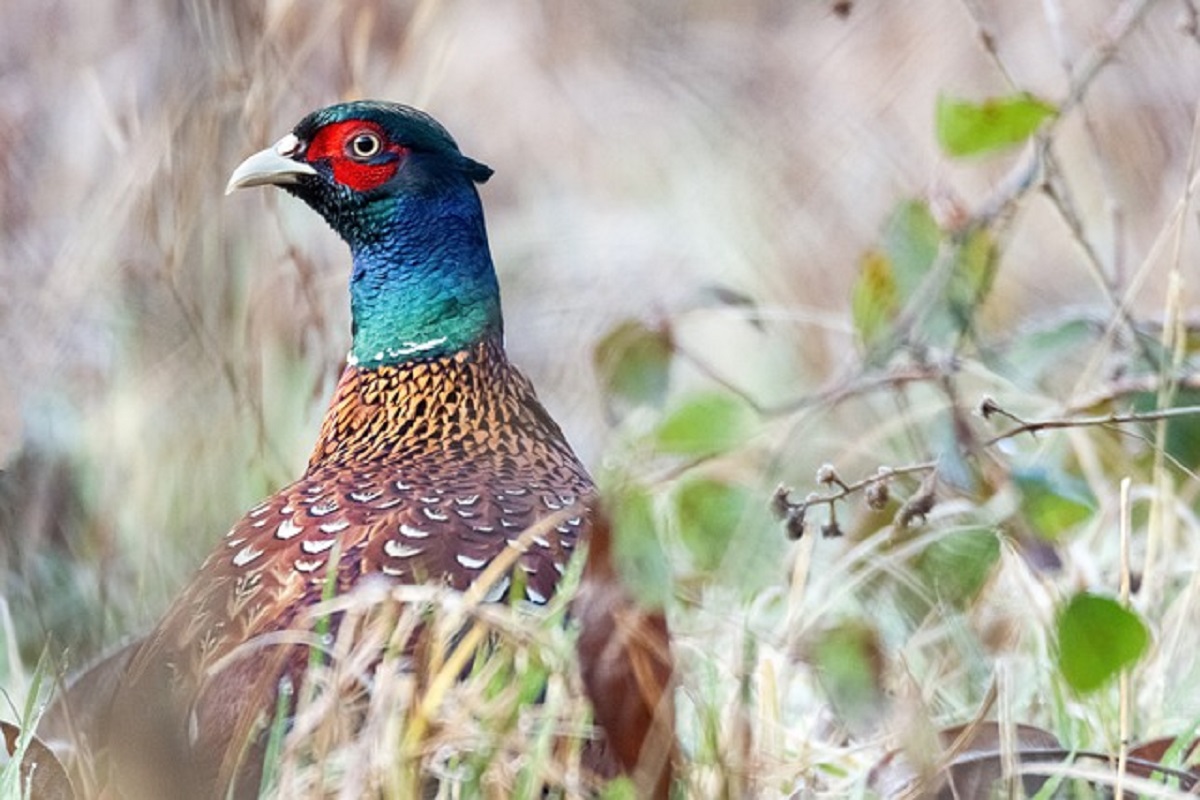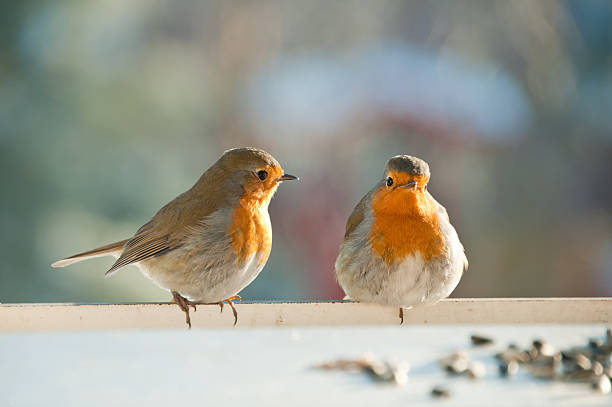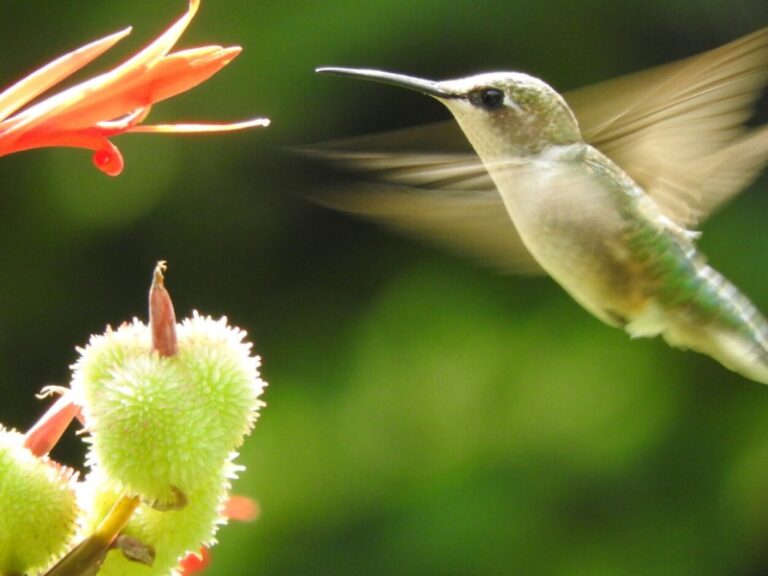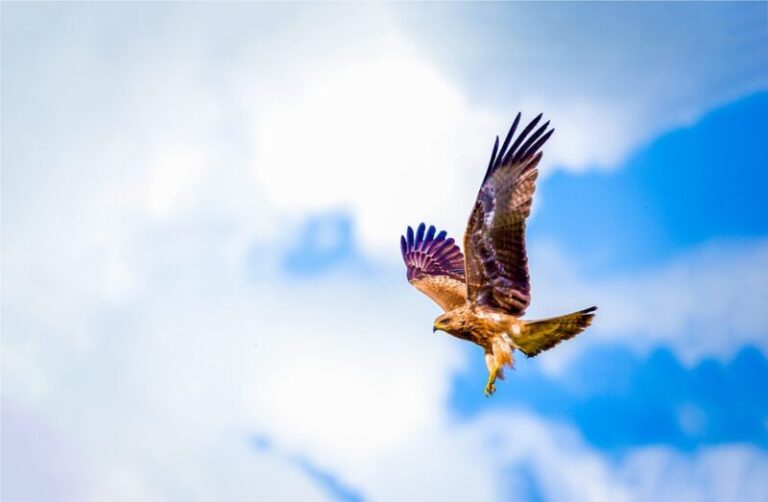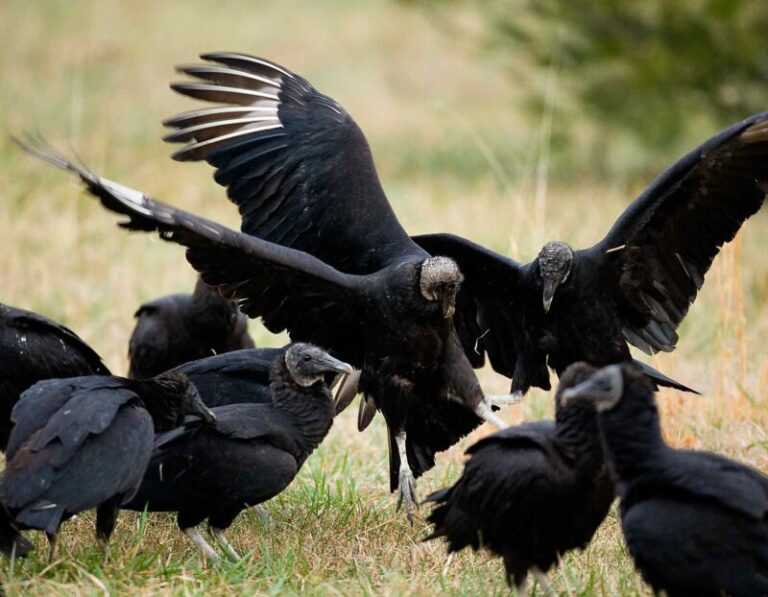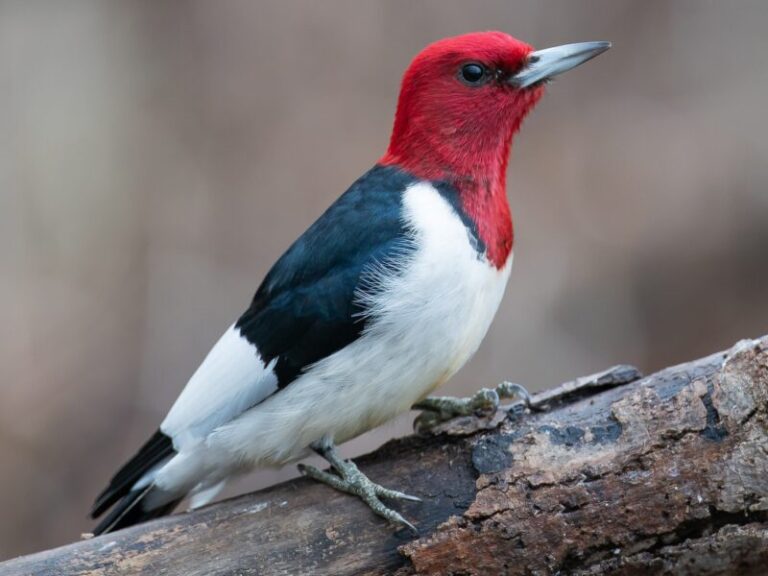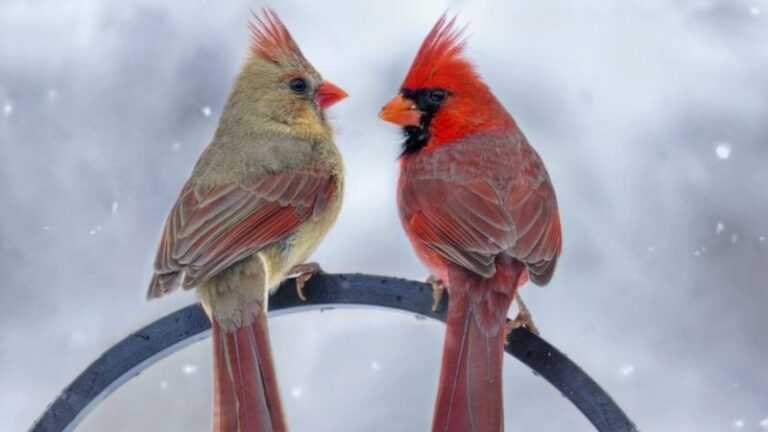Spiritual Meaning of a Pheasant: Spirit And Totem
The pheasant is a beautiful game bird known for its colorful plumage and association with nobility and royalty. Throughout history, the pheasant has accumulated a variety of symbolic spiritual meanings.
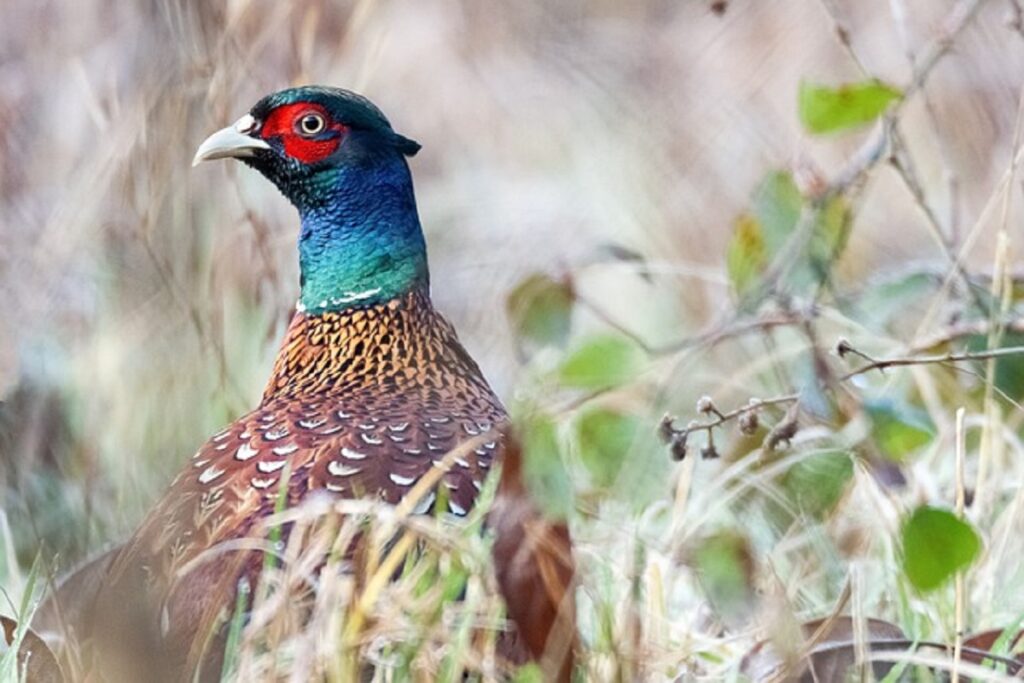
Pheasant Symbolism and Meaning
The pheasant has long been seen as a solar symbol in many cultures due to its connection to the sun. Many of the pheasant’s attributes seem to echo the properties of the sun itself. The male pheasant’s flashy feathers bring to mind the rays of the sun. The red wattles around its eyes resemble the glowing light of the rising or setting sun.
In China, the pheasant was considered a sacred bird associated with the heavens, the sun, and the divine realm. Chinese myths and folklore link the pheasant to the sun, including tales of the pheasant crowing to greet the morning sun. Due to this solar symbolism, the pheasant was seen as an auspicious sign of blessings, prosperity, and good fortune in traditional Chinese culture.
The ancient Greeks and Romans also viewed the pheasant as a solar symbol. To them, the pheasant embodied solar brilliance and the life-giving creative power of the sun. Pheasants were associated with Apollo, the Greek and Roman god of the sun, music, knowledge and healing.
Pheasant as a Symbol of Royalty and Nobility
Beyond its solar meanings, the pheasant has long served as a symbol of royalty, nobility, and prestige in many civilizations due to its dramatic beauty and rarity.
In China, only high ranking officials and nobility were allowed to hunt and eat pheasants. The Chinese Emperor himself was the only one who could hunt pheasants with golden arrows. Because of this imperial connection, the pheasant was seen as emblematic of the qualities desired in noble leadership – wisdom, virtue, refinement and rising to one’s full potential.
Similarly in ancient Greece and Rome, pheasant meat was considered a delicacy reserved for the upper echelons of society. The colorful pheasant feathers became a popular adornment to the hats and clothing of European nobility during the Middle Ages. King George IV of England even had a semi-tame flock of ring-necked pheasants on the castle grounds.
Additional Symbolic Meanings
Beyond solar and royal associations, the pheasant carries additional symbolic meaning in some cultures:
Fertility and Spring – Since pheasants nest and breed during springtime, they have become an emblem of fertility, new beginnings and the emergence of new life during the spring season.
Protection – In ancient Greece, pheasant feathers were sometimes worn as talismans believed to offer protection during travel, business or commercial activities. This stems from the pheasant’s connection to Hermes, the messenger god in Greek mythology.
Resurrection – Due to the pheasant’s ability to play dead when threatened, early Christians viewed it as a symbol of Christ’s resurrection.
Guidance – In some Native American tribes, a pheasant sighting was interpreted as a sign of guidance and reassurance that one is on the right path.
Balance – The pheasant’s ability to fly yet also remain grounded led some to view it as a symbol of achieving balance between the spiritual and earthly planes.
Pheasant Spirit Animal
The vibrant pheasant embodies confidence, passion and new beginnings. As a spirit animal, the flashy pheasant signals a time of revitalization and sharing your creative gifts.
Pheasant spirit animals teach us to:
- Express yourself boldly and fearlessly
- Nurture new creative projects
- Attract prosperity through self-assurance
- Embrace opportunities for happiness and intimacy
- Allow yourself reinvention and rebirth
By following the pheasant’s spirit lessons of vibrant self-expression balanced with modesty, we can fully shine.
Pheasant Totem Animal
Individuals with a pheasant totem are vivacious, colorful personalities who thrive on freedom. Pheasant people have a lust for life and creative fire within.
Those with a pheasant animal totem are often:
- Imaginative free spirits
- Confident and bold
- Comfortable in the spotlight
- Sensual and passionate
- Gregarious and outgoing
The pheasant totem reminds us to share our gifts freely, take healthy risks to reach our potential and fully blossom.
Pheasant Power Animal
The pheasant power animal emphasizes the importance of balance. Pheasant symbolism teaches us to:
- Shine brightly when appropriate
- Blend in modestly when needed
- Express yourself to attract what you desire
- Avoid overindulgence in food, shopping or sex
- Nurture yourself and relationships
By learning from the flamboyant yet grounded pheasant, we gain skills to adapt to any situation and find fulfillment.
Pheasant Dreams and Various Scenarios
Dreaming of a pheasant signals creativity, confidence and achieving goals through focused effort. Specifically:
- Nesting pheasant reflects fertility, motherhood and caring for yourself or loved ones.
- Pheasant feathers indicate using your imagination and believing in yourself.
- Eating pheasant meat signifies gaining energy, motivation and abundance.
- Hunting pheasants represents seeking true happiness while enjoying worldly pleasures.
In the waking world, pheasant sightings reassure you that you’re on the right path and have reason to feel optimistic.
Pheasant in Astrology & Zodiac Signs
As a solar symbol, the pheasant resonates most strongly with fire signs in Western astrology who share the bird’s vibrant energy:
- Aries – this passionate sign aligns with the pheasant’s bold sensuality
- Leo – the flashy pheasant suits the dramatic Leo’s desire to shine
- Sagittarius – both value freedom of expression and adventure
In Chinese astrology, the pheasant is linked to the Rooster zodiac sign representing flamboyance and pride.
Far Eastern Pheasant Symbolic Meanings
The pheasant originated in Asia where it carries rich cultural symbolism, including:
China – sacred solar symbol of spiritual blessing, nobility, prosperity
Japan – represents springtime renewal and the feminine power to nurture life
Buddhism – emblem of spiritual aspiration balanced with earthly grounding
Pheasant Symbolic Meanings Key
Across cultures, key symbolic meanings of the colorful pheasant include:
- Creativity, passion and expression
- Confidence, pride and bold sensuality
- Prestige, refinement and nobility
- Springtime fertility and new beginnings
- Abundance, nourishment and prosperity
- Guidance, reassurance and good fortune
Coming Across a Pheasant Meaning
When we encounter pheasant symbolism through dreams, visions or sightings, it signals a time of revitalization. The pheasant meaning reminds us to:
- Share our creative gifts and talents
- Allow our vivid spirits to shine
- Embrace opportunities for happiness and intimacy
- Attract prosperity through self-assurance
- Mother ourselves and nurture new ventures
Conclusion
From solar brilliance to nobility and fertility, the regal pheasant has accrued a rich array of interwoven symbolic meanings across cultures and eras. Whether glimpsed in myths, legends, heraldry or indigenous traditions, the striking pheasant continues to inspire us to bring out our inner radiance in service of the greater good. When the pheasant spirit comes into our lives, it signals a time of blessings, personal growth and shining like the sun.

